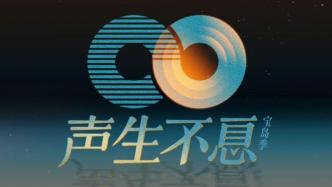
"Endless Sound·Treasure Island Season" (hereinafter referred to as "Treasure Island Season") is a variety show focusing on Taiwan's golden songs. This topic is probably the dream of everyone who does variety shows. It is indeed important and unique. But this topic selection is also something that most variety show people dare not do, because it is too difficult to do, just like you are sitting on a treasure trove of countless rare treasures. If you really want to pick out a few representative introductions, it will make people It's difficult, after all, the palms and backs of the hands are full of flesh. It was a matter of course that this topic was finally handed over to the Hong Xiao team of the Mango Department, and the Mango Department of music synthesis is reliable. "Treasure Island Season" did not disappoint the audience at the technical level of production. From conception, copywriting, mirroring, and choreography, they are all top-notch domestic variety shows.
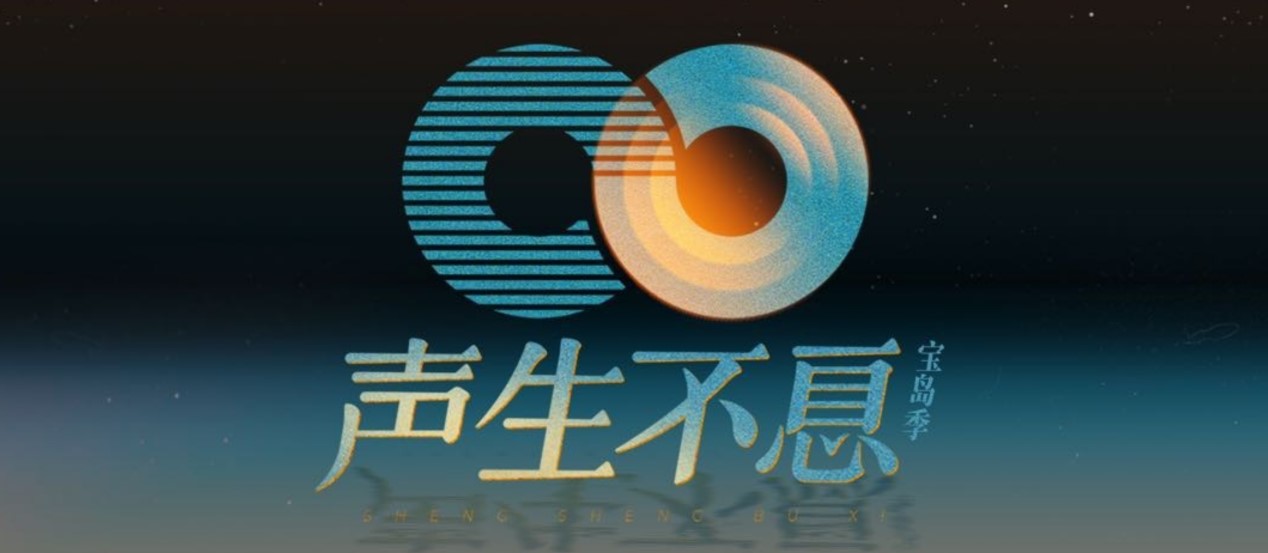
Logo
Of course, the most difficult part of the program is still at the content level. For many listeners in mainland China, Taiwanese music has a profound influence that is engraved in the bone marrow and flows into the blood. Every listener has his own treasured singers and songs in his heart. The program team must comprehensively sort out the "chronology of Chinese music" with Taiwanese characteristics. At the same time, let this chronicle meet the greatest common denominator in the hearts of the audience.
The introduction of the program "Traveling the Golden Melody Memory of Taiwan" roughly divides the music of Taiwan into the age of folk songs in the 1970s, the era of the record industry in the 1980s, the golden age of the 1990s, the three links between the two sides of the Taiwan Strait in the 2000s, and the common prosperity in the 2010s. several parts. Each part is only introduced for a few minutes, and there is nothing missing, but the DNA of the listeners who grew up listening to Taiwanese music is still moving, and every stage easily reminds us of those familiar names.
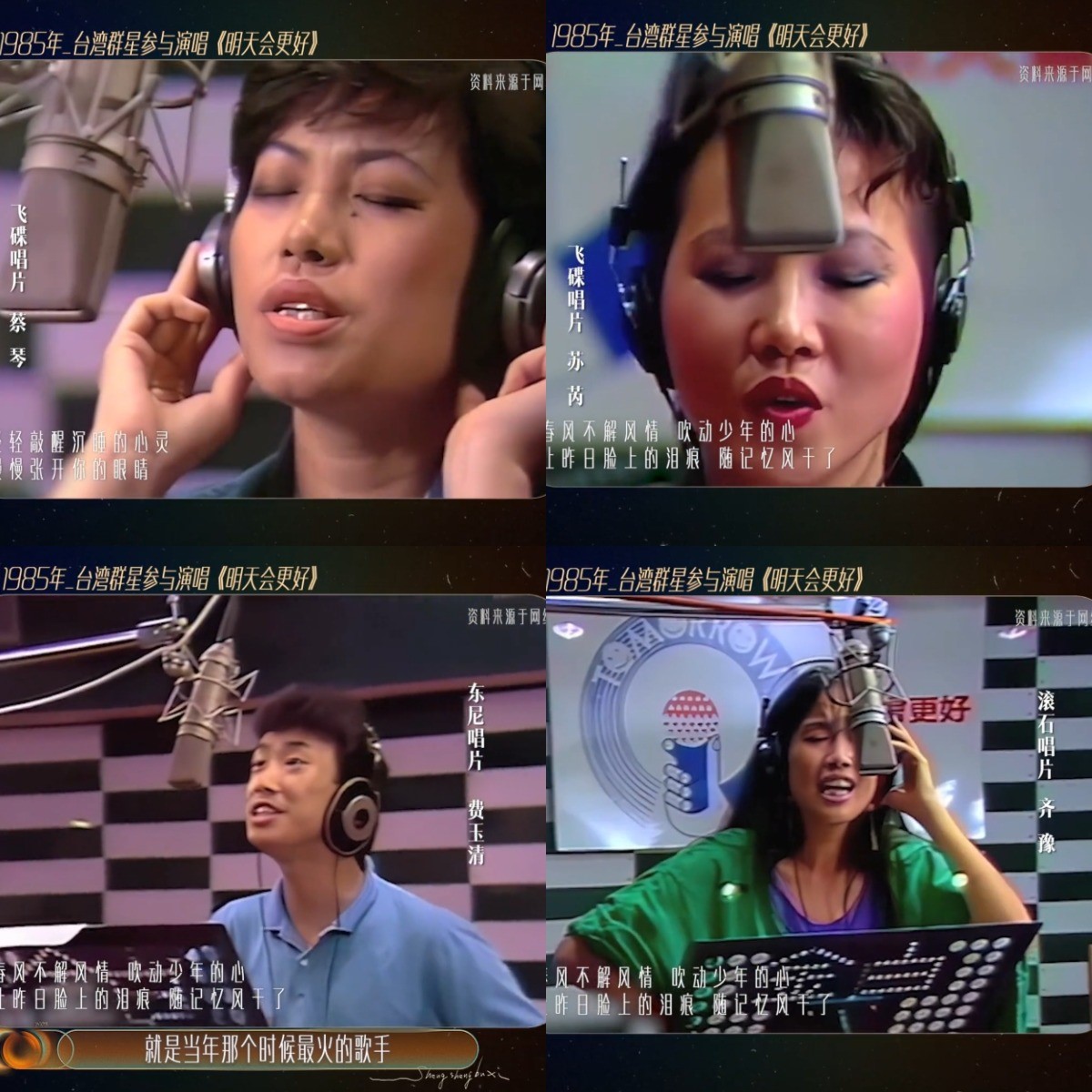
"Tomorrow will be better" sung by the stars in 1985 was a reflection of the heyday of Taiwan's record industry at that time
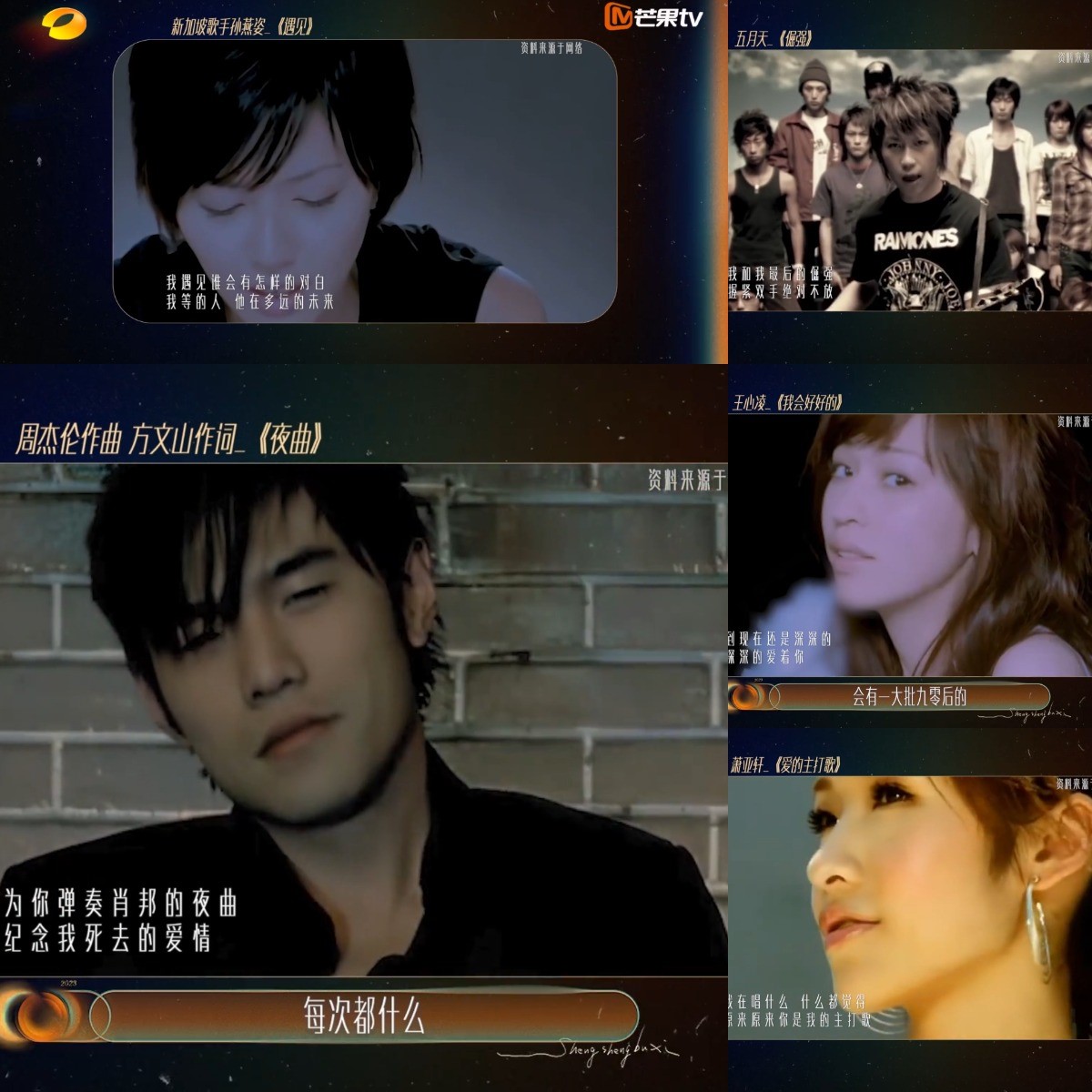
After the millennium, Taiwanese pop music continues to accompany the growth of young people in mainland China
With so many treasures and so many collective memories, it is impossible for the program group to choose all of them. At this time, the program group must pay great attention to the selection of candidates, song selection and arrangement of competition forms.
The format of the program is that at the recording site in mainland China, 8 groups of singers from both sides of the Taiwan Strait will be resident guests, and 6 groups of specially invited singers will be invited for each round of competition, and the 14 groups of singers will be divided into two teams to compete. Live audience voting PK. Compared with the previous season of "Endless Sound·Hong Kong Philharmonic Season", "Treasure Island Season" is characterized by adopting the model of two venues for the first time. The mainland side is the main venue in Changsha, which also constitutes the main content of the variety show; Taiwan Some of them are hosted by well-known Taiwanese variety show producer Wang Weizhong and well-known host and singer Aya. The locations are mainly some landmark buildings in Taiwan. For example, the first phase is in Sun Moon Lake, and the second phase can be seen in Taipei, Taiben 101 Building city center.
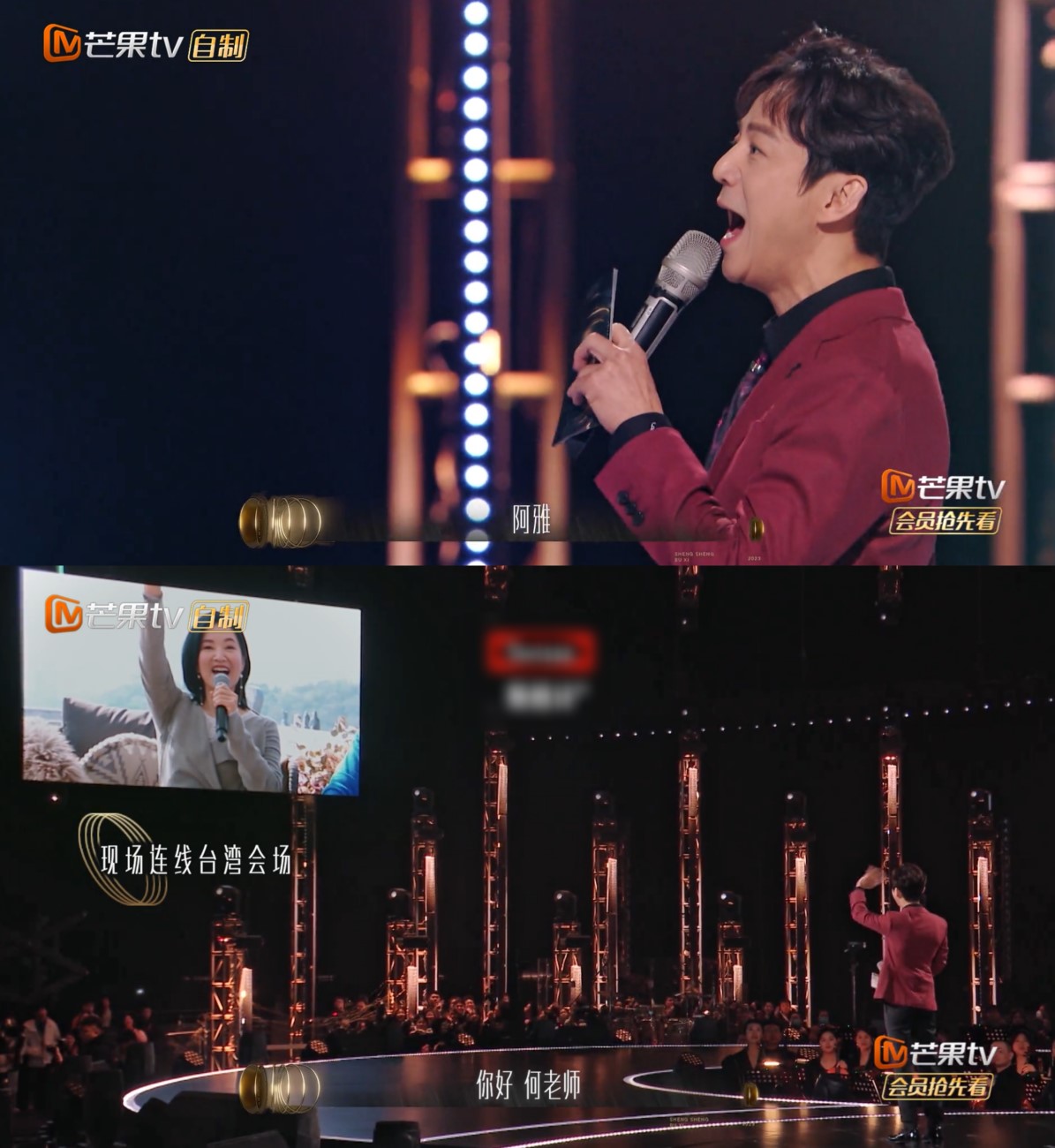
Two venues in Changsha and Taiwan
The recording scale of the Taiwan venue is definitely much smaller than that of the main venue, but it mainly highlights a "communication" function, and it is also convenient for some Taiwanese musicians to directly participate in the recording of the program in Taiwan without the need for travel. For example, in the first episode of the program, Hu Defu (which can be called the biggest surprise of the first episode) and the power train appeared in the Taiwan venue. In the second episode, Zhao Chuan and Guo Jing were invited.
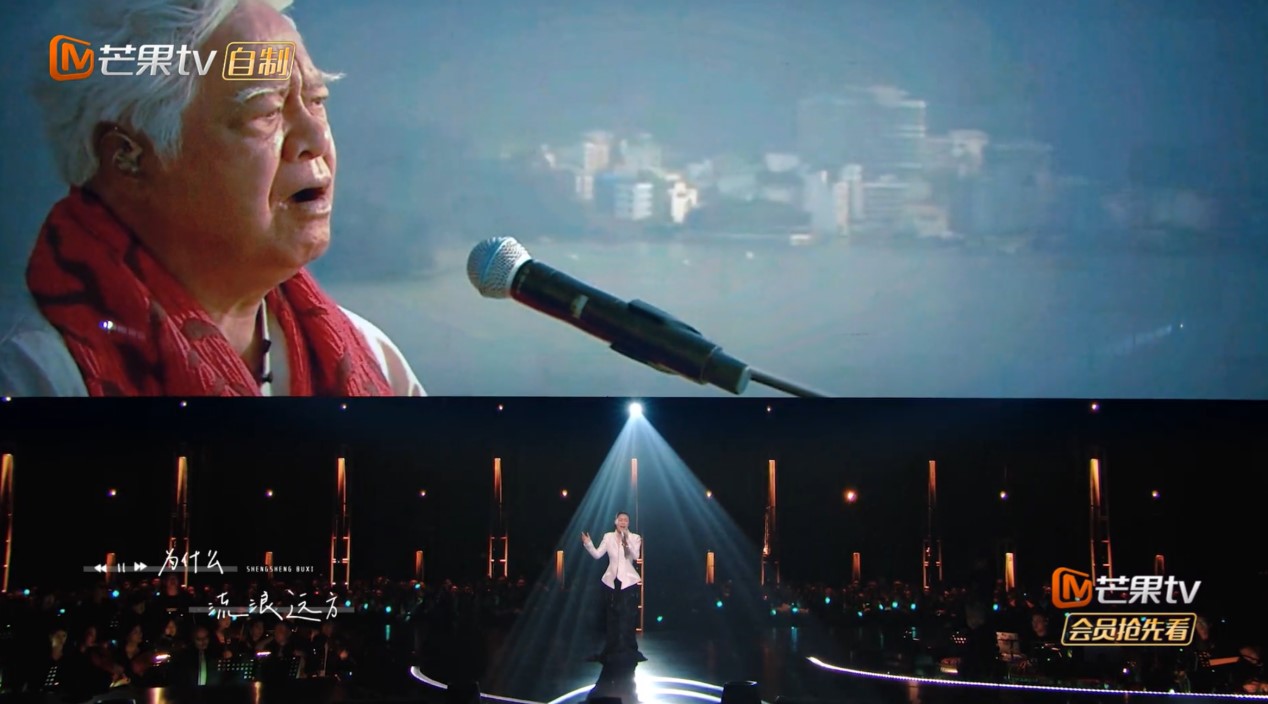
The most touching singing in the first episode
In the selection of the show, the main thing to look at is the resident singers and guest singers at the main venue in Changsha. The four resident singers on the mainland side are Na Ying, Zhang Jie, Hua Chenyu, and Ma Jiaqi, and the first round of specially invited singers are Chen Li, Chen Zhuoxuan, and Summer Invasion Jihua. This list can only say that there are not many surprises. Na Ying is indeed the best choice for the show—after all, Na Ying went to Taiwan's music scene in the 1990s to develop and achieved outstanding results. She was the queen of the 12th Taiwan Golden Melody Awards; other young singers have no such achievements at present, because Appearing frequently in too many music comprehensives, there is really nothing new.
For the Taiwanese singers, Zhang Xinzhe, Angela Chang, Yang Zongwei, and Wei Ruxuan are resident, and the special guest singers in the first two episodes are Bade, Ai Yiliang, and Chen Linong. It cannot be said that this list has no weight, but its distinction is indeed not enough, and it seems a bit "clustered".
Zhang Xinzhe can be regarded as a representative of the era of the record industry; Zhang Shaohan can be regarded as a representative of the famous "big four and three small" among Taiwanese female singers (pointing out the time, not the status of the music world), and can also be a representative of Taiwan's idol drama golden songs; Yang Zongwei It can be regarded as a representative of Taiwan's talent show era in 2010 (Xiao Jingteng, Lin Youjia, and Xu Jiaying were all born in Taiwan's talent show); Wei Ruxuan can be regarded as an emerging force in Taiwan's music scene in recent years (the queen of the 2020 Golden Melody Awards); The group's guest singers, Ai Yiliang, White, and Chen Linong, can be included in the same category as Wei Ruxuan.
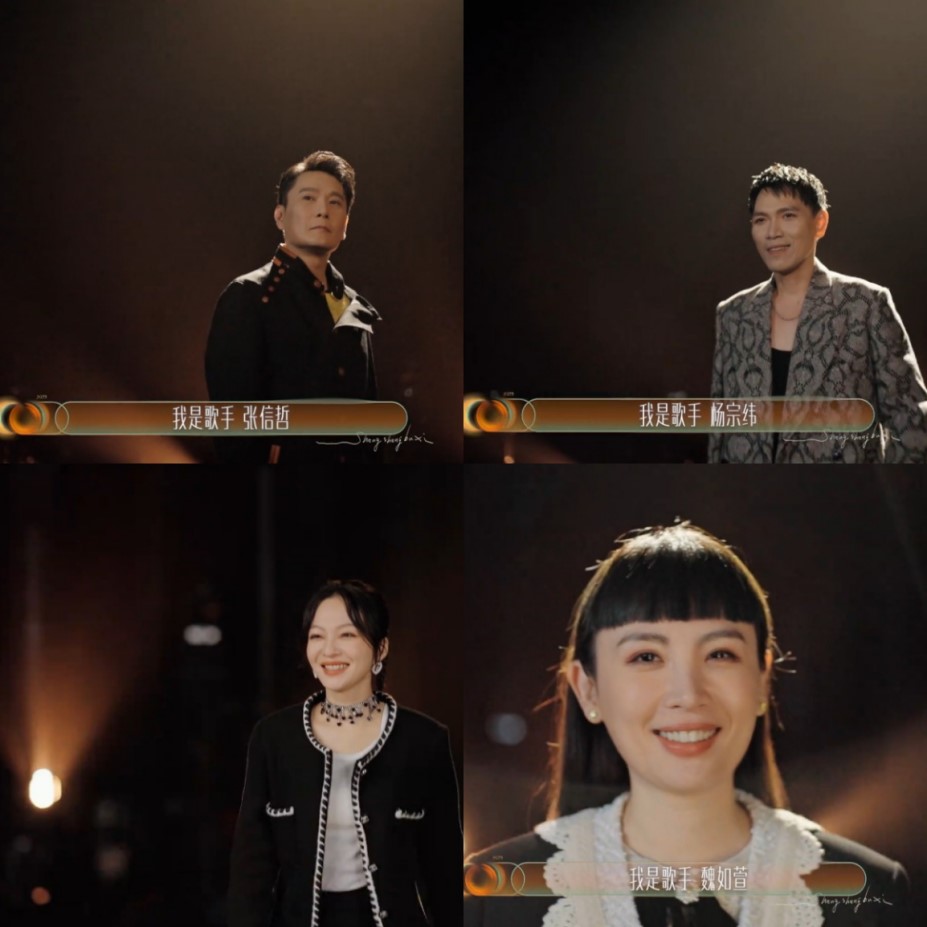
Four resident singers from Taiwan
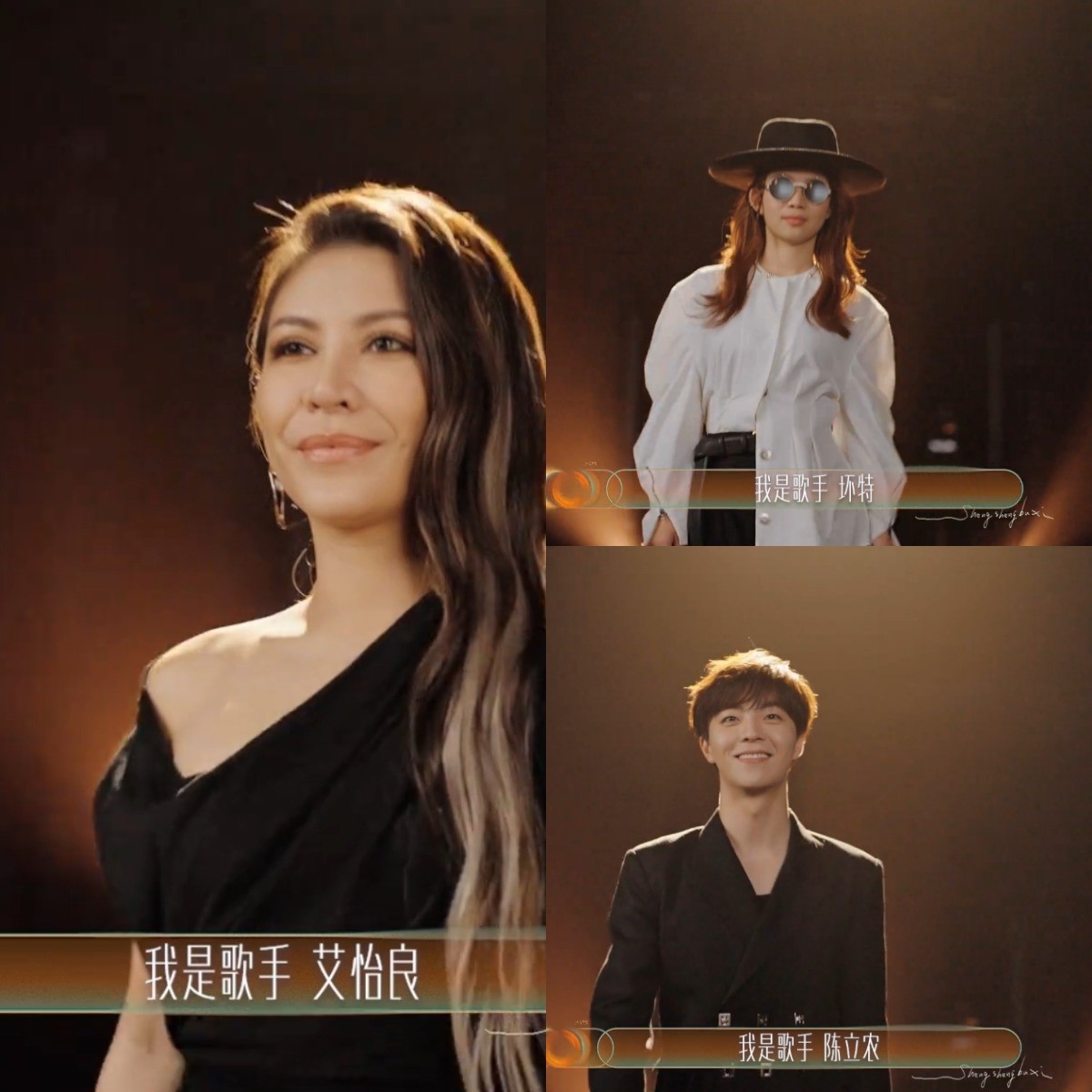
The first three guest singers from Taiwan
In other words, at the main venue in Changsha, Zhang Xinzhe was the only representative of the magnificent Taiwanese music before the new century. The other 6 singers were all after the new century. The program did not achieve balance in the selection of singers. Inviting popular Taiwanese singers such as Wei Ruxuan, Ai Yiliang, Bad Te, etc. is both fresh and surprising, but this is for some experienced music fans; it is undeniable that their popularity in mainland China has not yet been fully developed. , for an audio comprehensive that focuses on nostalgia and communication, it is still necessary to take into account the general public. They are worthy of invitation, but why didn't the program group assign these outstanding singers to different episodes, so they had to appear together in the first episode?
In fact, the best choice is to invite two representative Taiwanese singers as resident singers before and after the new century, especially those before the 1980s. function. But the current lineup of resident singers has been fixed, and the program team has to pay more attention to the selection of special singers, especially since the current program is still being recorded, there is room for adjustment in the selection. There is even more room for imagination at the Taiwan branch venue. Presumably it will be easier to hire people after the show is broadcast. The more heavyweight singers like Hu Defu, the better.
In terms of the selection of songs, the theme of the first program "The Year of Songs" is well done, and the "Chinese Music Chronicle" is connected in series through some Taiwanese golden songs. However, there is still room for effort in song selection. I don’t know if it’s because of the copyright, but in 2000, after the three links between the two sides of the Taiwan Strait, it was such a critical stage where classics emerged one after another and the memory of the post-00s was deeply constructed. Will there be some “unpopular” in the selection of songs? They are Jay Chou's "Sign", Chen Xiaochun's "Must Be Happy" and Soda Green's "He's Summer". Are they really representative enough? Of course, there may also be problems with the singer and arranger. These songs have their own irreplaceable characteristics in the original singers. Now after the re-interpretation, they have neither the characteristics of the original version nor the refreshing changes in the arrangement, so they will appear much weaker than the original version, making the audience feel "Insufficient representation".
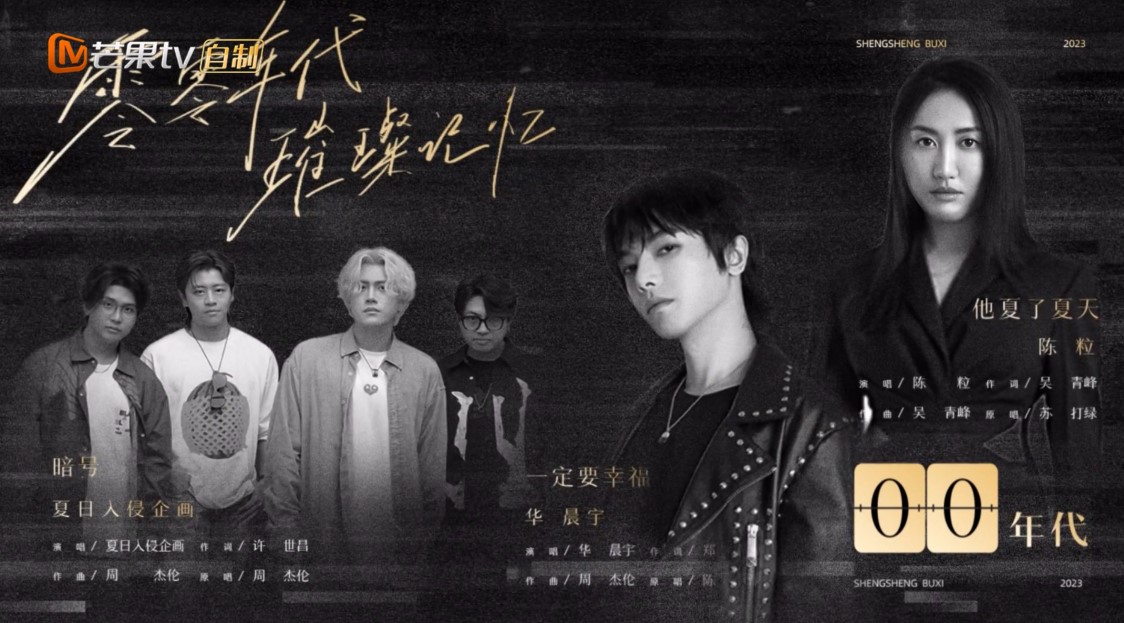
Top Three Songs of the 00s
Whether to put more effort into the arrangement is also a dilemma faced by the show. The original flavor can arouse more people's nostalgia and generate strong emotional resonance on the public level, but for some music fans, it is difficult for a pure reproduction to be as classic as the original version. It means giving up the technical exploration of music; but if the arrangement changes too much, it seems to become a new song (in case it is a "bad new song", maybe), the resonance at the public level will also be weakened . Just like the innovative adaptation of "The Dancer" in the show, there were some differences in evaluation, and it also lost to the opponent in the public vote. How to balance the trade-offs, I hope the music director of the show can create more surprises.
And the competition form of each round of performances is the competition of golden songs from different eras. For example, the first round of competition is the PK between the 80s and the 00s, and the second round will be the 00s and the pre-80s... Such PK rules are also confusing: why not choose the same era and the same theme (for example, you can Get a song with folk song theme, idol drama golden song theme, band theme, etc.) for PK? If the PK in the same age is more "fair", through each round of competition, the general characteristics of Taiwan music in different ages can be presented to the audience in an orderly manner.
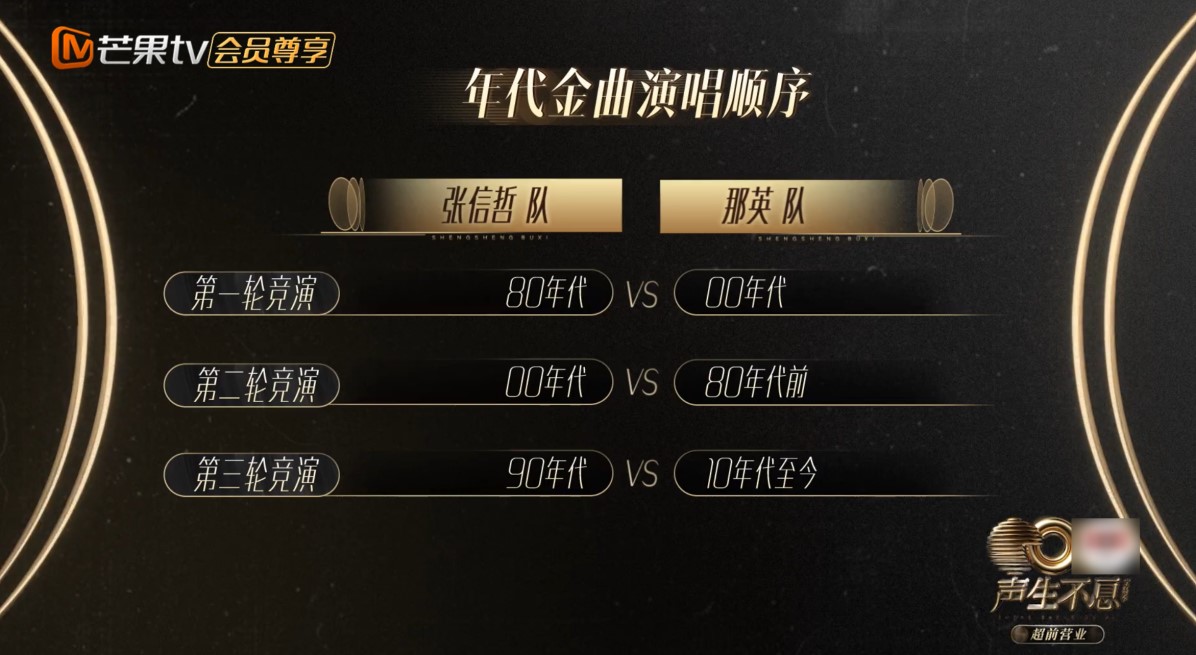
The age of the selected songs for the competition is different
In general, "Treasure Island Season" does have room for deliberation in many details. But considering the various subjective and objective difficulties in program production, "Treasure Island Season" has done a good job, and many harsh criticisms should not be borne by the program team.
And we all know that "Treasure Island Season" has never been as simple as an ordinary music comprehensive. The million-dollar copywriting of the program group has already said it very well, "Sometimes time will separate people, and distance will separate people, but many things are inseparable. I hope we will inspire each other and another era will come out. The bridge deck will become wider and wider, and the sound of the waves will become louder, and we are like a turbulent ocean, with endless life.” Music is an excellent bridge for communication and exchange. Compatriots on both sides of the Taiwan Strait speak the same language, listen to the same music, and are nourished by the same culture. When the familiar melody sounds, we have similar heartbeats and pulses. In the same song, we We will find that we are all "our own people", and we will eventually recognize each other through the fog and obstacles.
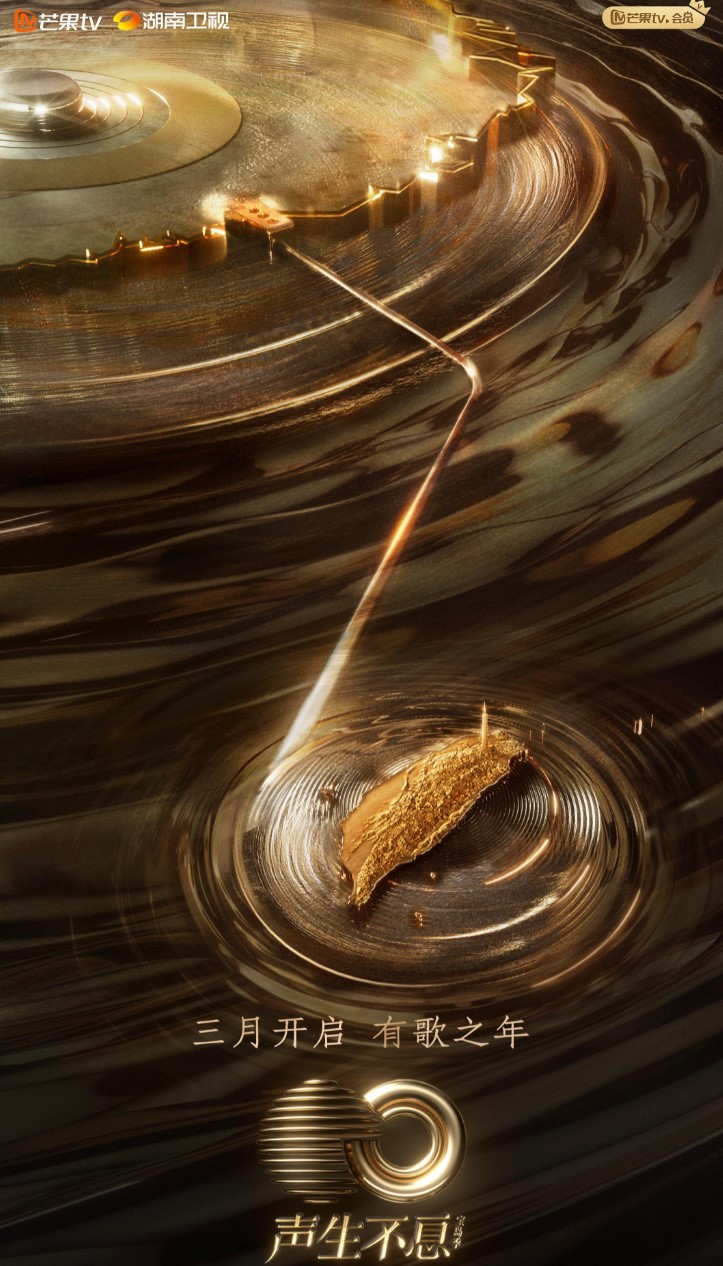
This allegorical sea report is full of words
Therefore, the program "Treasure Island Season" itself, including the singers and audiences on both sides of the Taiwan Strait in the program, we are all "in the long river of Taiwanese pop music, paddle and row, rush to each other, hug shoulder to shoulder". On the technical level, "Treasure Island Season" does have room for improvement, but in terms of conception, appeal, and efforts made for cross-strait exchanges, it is beyond reproach. I sincerely hope that, as the voice-over said, "The moment the song sounds, the straits will narrow, and the land and islands will widen."